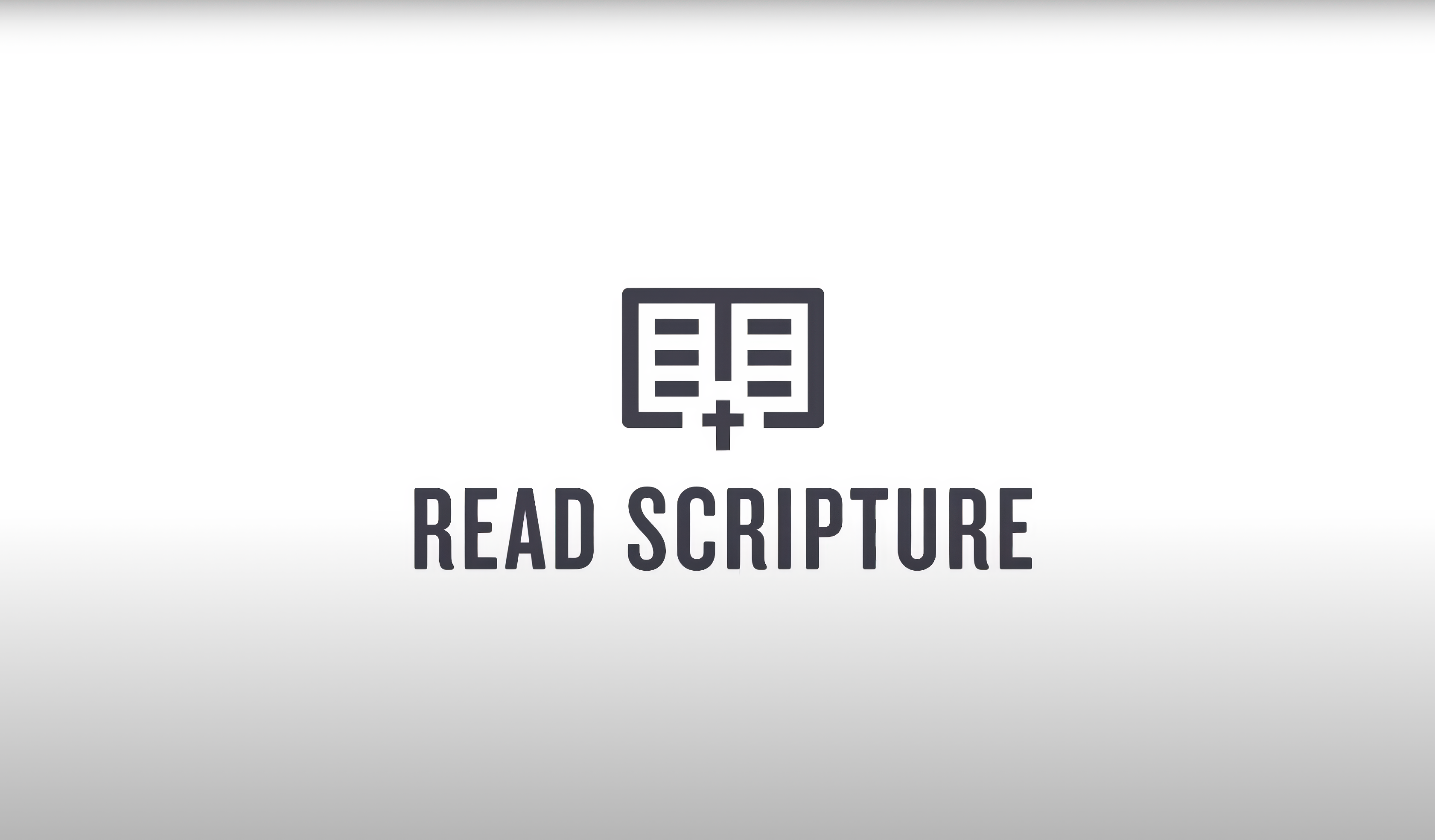Unveiling the Depths of Deuteronomy: A Pillar of Faith and Law
The Book of Deuteronomy, a cornerstone of the Hebrew Bible and Christian Old Testament, is a testament to faith, law, and the covenant between God and His people. This profound text encapsulates a series of sermons delivered by Moses to the Israelites and serves as a bridge between their past wanderings in the wilderness and their future in the Promised Land. Let's delve into the origins, audience, and rich tapestry of content that Deuteronomy offers.
Authorship and Historical Context
- Attributed Author: Traditionally, Moses is credited with the authorship of Deuteronomy. This attribution stems from the book's narrative, which presents Moses as the primary speaker, delivering God's laws to the Israelites.
- Scholarly Perspective: Modern biblical scholarship suggests that Deuteronomy was likely compiled over some time, with contributions from various authors and editors. These scholars point to the Deuteronomic Code, a core component of the text, which they believe was written in the 7th century BC during the reign of King Josiah of Judah.
- Historical Setting: The narrative is set in the plains of Moab, just as the Israelites are poised to enter the Promised Land. This timing places the events and sermons of Deuteronomy at the end of the 40 years of wandering in the desert, around the 13th or 14th century BC.
Intended Audience
Deuteronomy was primarily written for the Israelites, reminding them of their covenant with God and their responsibilities under this agreement. It aimed to prepare them for life in the Promised Land, emphasizing the need to obey God's laws as the foundation for their prosperity and well-being in their new home.
Overview of Content
Deuteronomy is a rich compilation of speeches, laws, and narratives. Here's a brief overview of its content:
- Moses' Sermons: The book opens with a series of sermons by Moses, reflecting on the Israelites' journey from Egypt to Moab, emphasizing the importance of obedience to God's commandments.
- The Deuteronomic Code: A significant portion of Deuteronomy consists of laws and statutes. These include moral laws, civil laws, and guidelines for religious observance, many of which expand upon the Ten Commandments.
- The Shema: Found in Deuteronomy 6:4-9, the Shema is a foundational prayer in Jewish worship, emphasizing the oneness of God and the importance of love and obedience to Him.
- Blessings and Curses: Deuteronomy outlines the blessings that will come from following God's laws and the curses that will result from disobedience, underscoring the covenantal relationship between God and His people.
- Moses' Farewell: The book concludes with Moses' farewell speeches, blessings for the tribes of Israel, and the narrative of Moses' death, symbolizing the end of an era and the leadership transition to Joshua.
Legacy and Significance
Deuteronomy's influence extends far beyond its historical and religious context. It has shaped Jewish and Christian ethics, law, and worship practices. Its themes of justice, mercy, and the relentless pursuit of a righteous life resonate through centuries, offering guidance and inspiration to believers and seekers of moral truth.
In essence, Deuteronomy serves as a divine call to remember, obey, and thrive under the guidance of God's law. It reminds us of the power of faith and the importance of community, justice, and compassion in forging a meaningful life.
Through its complex layers of law, narrative, and sermon, Deuteronomy invites readers into a deep reflection on their relationship with the divine and their responsibilities within the community of faith. It is a beacon of spiritual and moral guidance, a book of remembrance, and a promise of hope for the future.


























